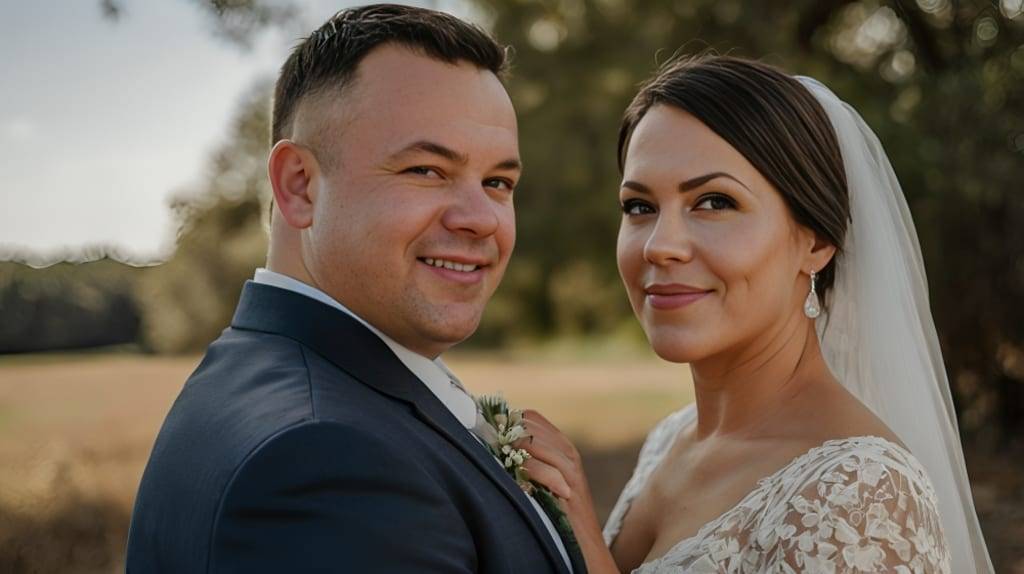Among marriages, the most beautiful and significant days after marriage are always remembered. For it is that which marks a future, and it unfolds a journey toward a long haul. Among such marriages, two come to one's mind from South Asian cultures, namely, love marriages and arranged marriages. While both have some merits and demerits as well as certain cultural implications, one depends mainly on the choices of the couple and the other mainly on the decisions of family members. This essay explores the complexities of love and arranged marriage by comparing their features, challenges, and implications in modern society.
What is Love Marriage?
Love marriage is one kind of marriage in which with love feelings, attraction, and mutual understanding both parties decide a partner for each other. Here, the couple decides without much interference from their families rather than an arranged marriage. Love marriage became a popular concept when the trends of society started to change, education levels increased, and due to globalization, people started experiencing diverse cultures.
Advantages of Love Marriage
Emotional Connection:
Love marriages often begin with a strong emotional bond, as the couple has had the opportunity to understand each other’s personalities, habits, and dreams. This connection can lay a solid foundation for trust and companionship.
Freedom of Choice:
Individuals have the autonomy to choose their partner, which fosters a sense of personal responsibility in the relationship. This freedom often leads to greater compatibility and satisfaction.
Shared Goals and Values:
Since love marriages usually stem from shared interests or values, partners often find it easier to align their goals and navigate life together.
Breaking Social Barriers:
Love marriages often transcend caste, religion, and cultural boundaries, promoting inclusivity and diversity in relationships.
Challenges of Love Marriage
- Lack of Family Support: In societies where arranged marriages are the norm, love marriages may face resistance from families. This lack of support can lead to strained relationships with extended family members.
- High Expectations: Since love marriages are often based on idealistic notions, unmet expectations can lead to dissatisfaction over time.
- Cultural and Social Differences: Marrying outside one’s cultural or social background can bring unique challenges, such as adjusting to different traditions or handling societal judgment.
What is an Arranged Marriage?
Traditionally, a life partner is chosen and selected in most cases. In such an event, the family plays a very significant role. The reasons behind their selection might be based on family background, social status, education, and shared values. It might sound old-fashioned to some, but still, there exists such a practice of arranged marriages, especially in many cultures around South Asia.
Advantages of Arrange Marriage
Family Involvement: Arranged marriages often come with the blessing and active support of both families, creating a strong network of guidance and mediation.
Long-Term Compatibility:
Matches are typically based on compatibility factors like financial stability, shared cultural values, and future aspirations, which can lead to a stable and harmonious relationship.
Social Acceptance:
Arranged marriages are often more socially accepted in traditional societies, reducing the pressure of societal judgment.
Conflict Resolution:
With families actively involved, conflicts within the marriage are often mediated and resolved with collective wisdom.
Challenges of Arrange Marriage
Limited Personal Choice:
Individuals may feel pressured to marry someone they barely know, leading to a lack of emotional connection initially.
Pressure to Conform:
The emphasis on family expectations can sometimes overshadow personal preferences, leading to compromises that may affect marital happiness.
Uncertainty of Compatibility:
Since partners may not spend much time together before the wedding, compatibility issues may arise post-marriage.
Modern Perspectives
The lines are blurring, in modern times, between a love marriage and an arranged one. Nowadays, many families are encouraging a sort of hybrid of the two marriages, commonly termed a "love-cum-arrange marriage." There, the person looks for his or her match, but both families get into the act so that they provide support and have compatibility.
Impact of Education and Globalization
With increased education and exposure to diverse cultures, the preference for love marriages is growing, particularly in urban areas. However, arranged marriages are still dominant in rural and traditional settings, as family values and societal norms tend to hold more weight.
Changing Gender Roles
The roles of men and women in society have also changed over time, affecting the dynamics of marriage. Women are now more independent and career-oriented, which has shifted priorities in both love and arranged marriages.
Which is Better?
The debate about which is better love marriage or arranged marriage frequently boils down to personal preference, cultural background, and circumstances. Within the two forms of marriage, there can be some specific strengths and weaknesses, and success usually depends on a couple's adaptability, communication, and mutual growth.
Factors to Consider:
- Mutual Respect: Regardless of the type of marriage, respect and understanding are crucial for a healthy relationship.
- Flexibility: Being open to change and compromise is essential for navigating challenges.
- Communication: Clear and honest communication can prevent misunderstandings and build trust.
- Support System: The involvement of family and friends can provide emotional and practical support, enhancing marital stability.
Conclusion
Both love and arranged marriages have their excellence and constraints. In the case of love marriages, personal choice and emotional bonding are always at the center of importance, whereas in arranged marriages, familial support and eventually long-term compatibility play their role. Any marriage does not depend on how it begins but on how the married couple fosters it. A happy and fulfilling married life is that which is characterized by a mix of love, respect, understanding, and commitment.
As society continues to evolve, such marriage practices will lose the distinction; there will be elbow room for choice and kinship ties. Ultimately, it is love, trust, and common purposes that will bind two persons together.


